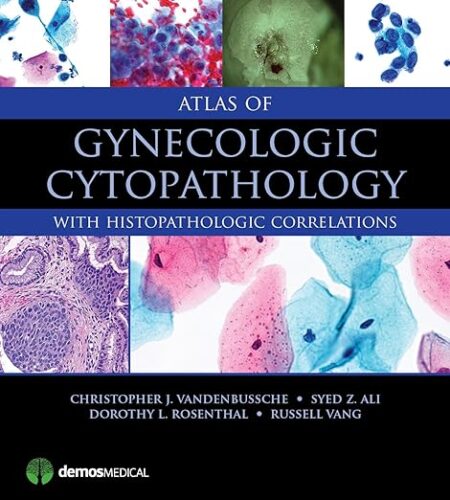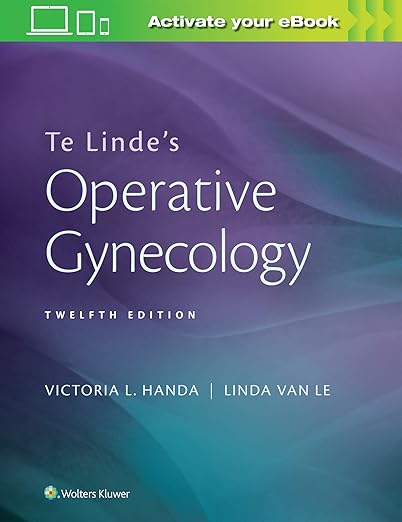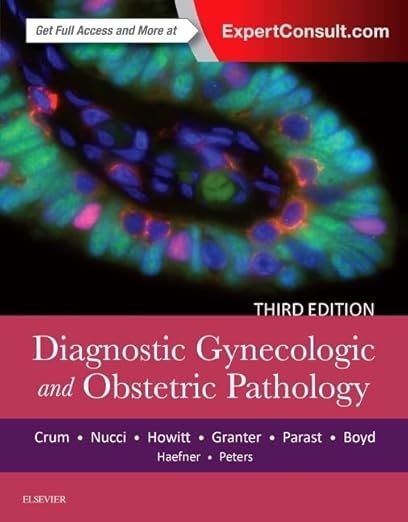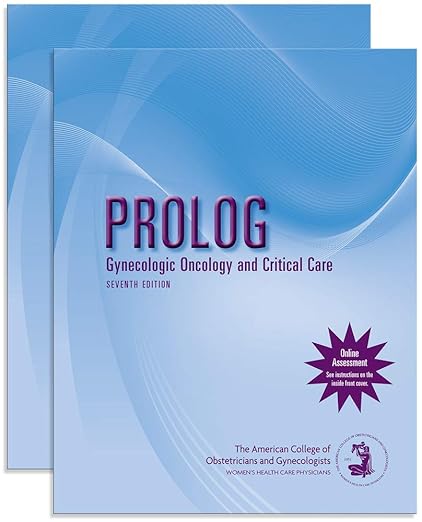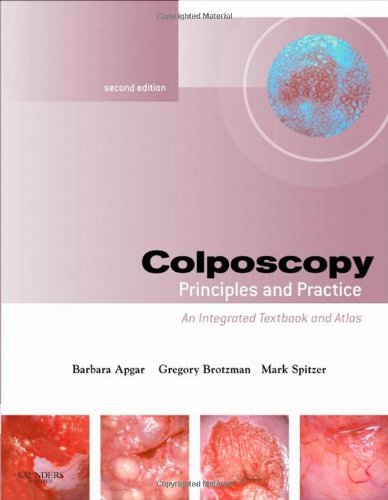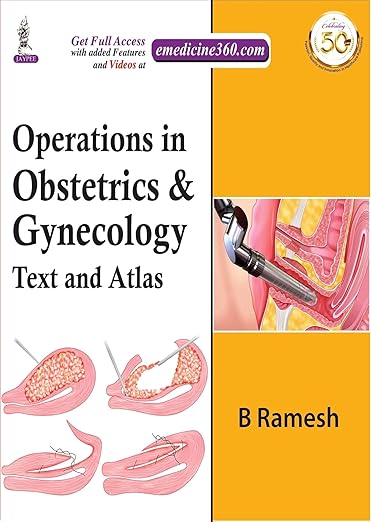Description
USCAP Gynecological Pathology 2023: Essential Knowledge for Diagnostic Practice
Format: 12 Videos + 8 PDFs
File Size: 52.12 GB
Release Date: January 27, 2023
Presented by: United States and Canadian Academy of Pathology (USCAP)
In Collaboration With: International Society of Gynecological Pathologists (ISGyP)
Course Overview
Gynecological pathology is a major subspecialty encompassing a broad spectrum of disease entities and complex histologic variants. With rapid advancements in molecular genetics and updated WHO classifications, this field demands continual knowledge updates for accurate diagnosis and effective clinical decision-making.
USCAP Gynecological Pathology 2023 provides a comprehensive and engaging educational experience led by world-renowned experts selected by ISGyP. The course emphasizes both foundational and cutting-edge topics, integrating morphologic pattern recognition, immunohistochemistry, and molecular genetic testing in challenging diagnostic scenarios.
Target Audience
Practicing academic and community pathologists
Pathology residents and fellows
Subspecialists in gynecologic pathology
Learning Objectives
Upon completion of this activity, participants will be able to:
✅ Apply updated diagnostic criteria and classifications in gynecologic pathology
✅ Recognize rare but clinically significant gynecological diseases
✅ Utilize ancillary tools (IHC and molecular studies) in complex differentials
✅ Understand the clinical impact of evolving diagnostic practices
Included Lectures & Faculty
Epithelial Neoplasms of the Uterine Corpus
Xavier Matias-Guiu, MD
Pathology of the Ovary
Russell Vang, MD
Mesenchymal Neoplasms of the Uterine Corpus
Marisa Rose Nucci, MD
Focused WHO Topics & Intraoperative Frozen Section Consultation
Pei Hui, MD, PhD
Pathology of the Peritoneum, Broad Ligament, and Fallopian Tube
Ricardo Lastra, MD
Gestational Trophoblastic Disease
Ricardo Lastra, MD
Pathology of the Cervix, Vagina, and Vulva
Natalia Buza, MD
Why Take This Course?
Stay current with the latest WHO and ISGyP guidelines
Improve diagnostic precision in routine and rare cases
Learn from world-renowned gynecologic pathologists
Strengthen both morphologic and molecular diagnostic skills


